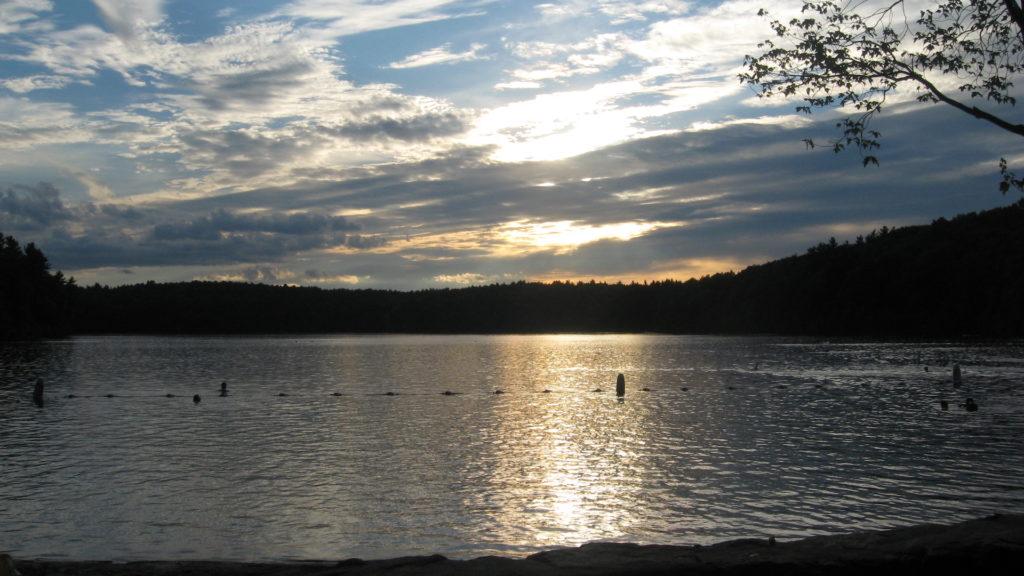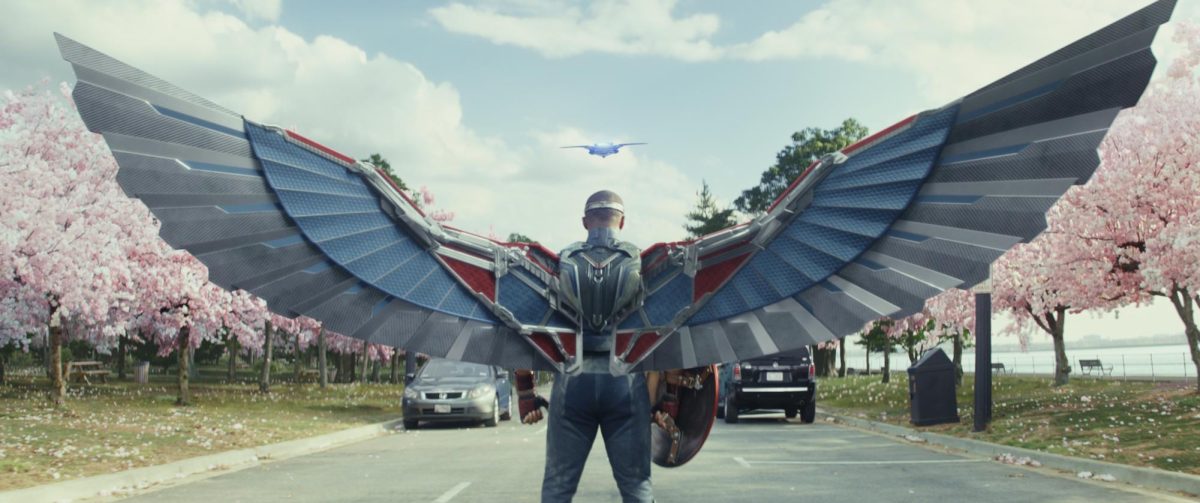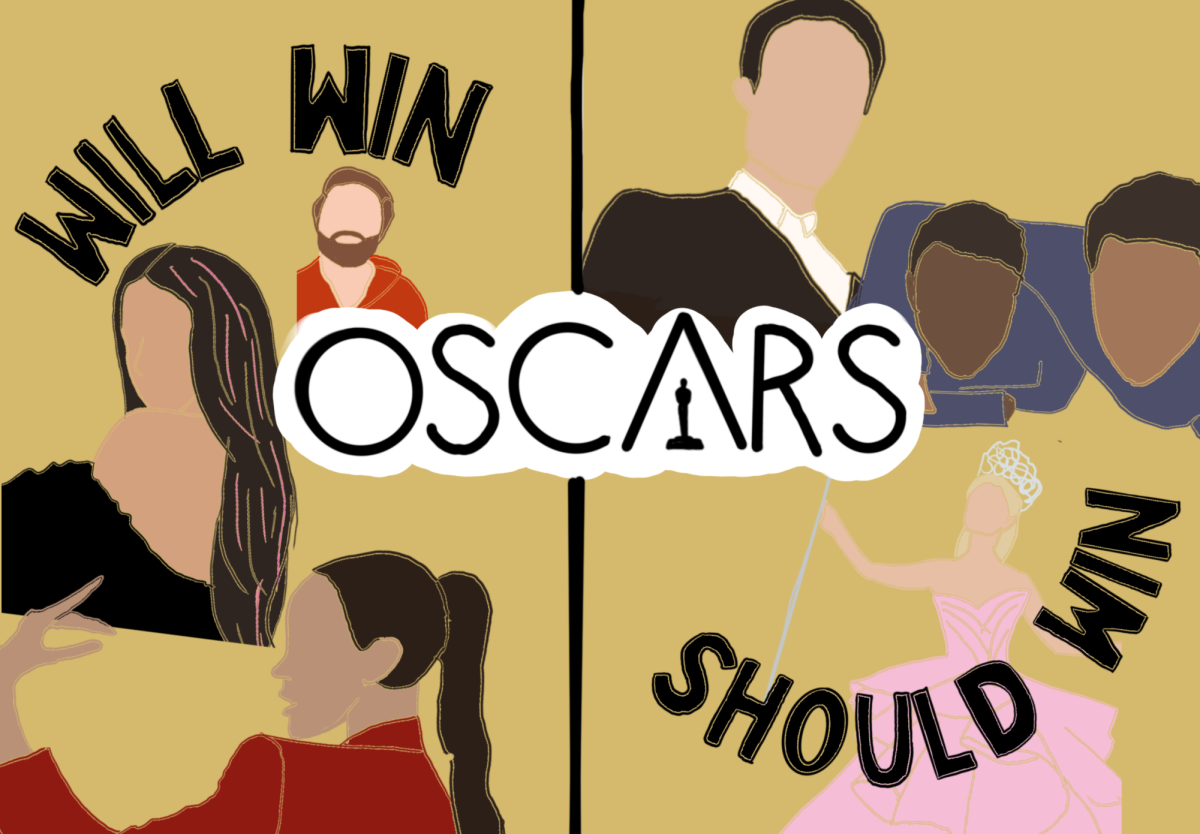By Anna Sorokina, inside editor
A video game that mimics the outdoor life and teaches about connection to nature through a computer screen – as counterintuitive as this may sound, it does exist.
“Walden, a game” simulates Transcendentalist writer Henry David Thoreau’s life at Walden Pond in 1845, allowing players to walk in his virtual footsteps and attend to the tasks of a self-reliant existence. Beyond replicating the geography of Walden Pond, the game embodies the experiment that Thoreau set for himself, reinforcing the messages of his work.
Tracy Fullerton, director of the University of Southern California (USC) Game Innovation Lab, was first struck with the idea for the game in 2002 but didn’t start creating it until 2007. She has been – and continues to works – with a team of seven other designers, programmers and composers to release the final product. Fullerton gave a presentation on the game at Massachusetts Institute of Technology (MIT) on Tuesday, Feb. 9.
“[It’s] a six-hour open-world game built to sustain any kind of interest that one might have,” Fullerton said. “There are a lot of different ways you can choose to live [in the game].”
Players start the journey in the summer, as did Thoreau, and travel in the woods for a year. Beyond building a shelter and finding food, players have an opportunity to take on jobs, skate on the frozen pond and help Ralph Waldo Emerson, Thoreau’s mentor and fellow Transcendentalist, work on his literature.
“There are all of these tensions pulling one away from the woods,” Fullerton said. “You can go to the store in Concord, pursue a path as a writer, engage with scientists or become a surveyor.”
Fullerton said that getting jobs in the game means “gaming the system.” When players pursue jobs and earn money, they can afford to go to the store and buy the more luxurious items. Yet, the more time one spends working, the weaker their bond with nature will be, and eventually, they will lose inspiration.
“The more inspired you are, the more energy you have,” Fullerton said.
If players run out of energy, they faint and wake up at a campfire with some energy restored due to fire’s healing warmth.
“[The] game allows people to make choices – work at [Thoreau’s] parents’ house in Concord, eat pies – there is nothing wrong with that,” Fullerton said. “But it’s not the kind of choice that caused [Thoreau] to write the book. Your world will be fun, but your journal will be slim.”
The players’ experiences fill the game’s journal, which in turn writes the player’s own version of “Walden.” The journal is the closest thing to a score that the game has, because players cannot win or lose. Fullerton plans on adding a tangible function to the game that will allow users to print their customized version of “Walden” after completing the full eight seasons. Fullerton said that Thoreau believed there should be an eight-season year, not four.
“I want this to be an experience that is beautiful and resonates with players on a personal level,” Fullerton said. “I hope that it would leave ellipses of understanding that would go and explore the story [of Thoreau].”
USC graduate student Alexander Mathew helped design the game as part of the university’s Interactive Media & Games Division.
“I don’t think the game is meant to replace going outdoors or the book,” Mathew said. “It’s meant to bolster [Thoreau’s] ideals. It’s an experiment that lets you weigh what’s important to you.”
Whitney Retallic, director of education at the Walden Woods Project, applauded the team of game developers for paying “sincere homage to Thoreau’s ideas.”
“I’m not a gamer, but I could see myself playing that game for hours,” Retallic said.
She noted that Thoreau was not against the technological advancements of his day.
“[He was for] using [technology] thoughtfully and not letting it control you,” Retallic said.
Fullerton believes that the flexible nature of the game reflects the kaleidoscopic nature of life.
“I’ve read ‘Walden’ many times, and every time I read it, I would find something new,” Fullerton said. “As a teenager, [I found] a story of defying society. As an adult, the balance between maintaining oneself and seeking inspiration. It’s a reflective story, a mirror of one’s life.”
Fullerton said that although the game will be done at the end of summer, it will not be released until January 2017.
Photo courtesy Adam Pieniazek, Creative Commons










